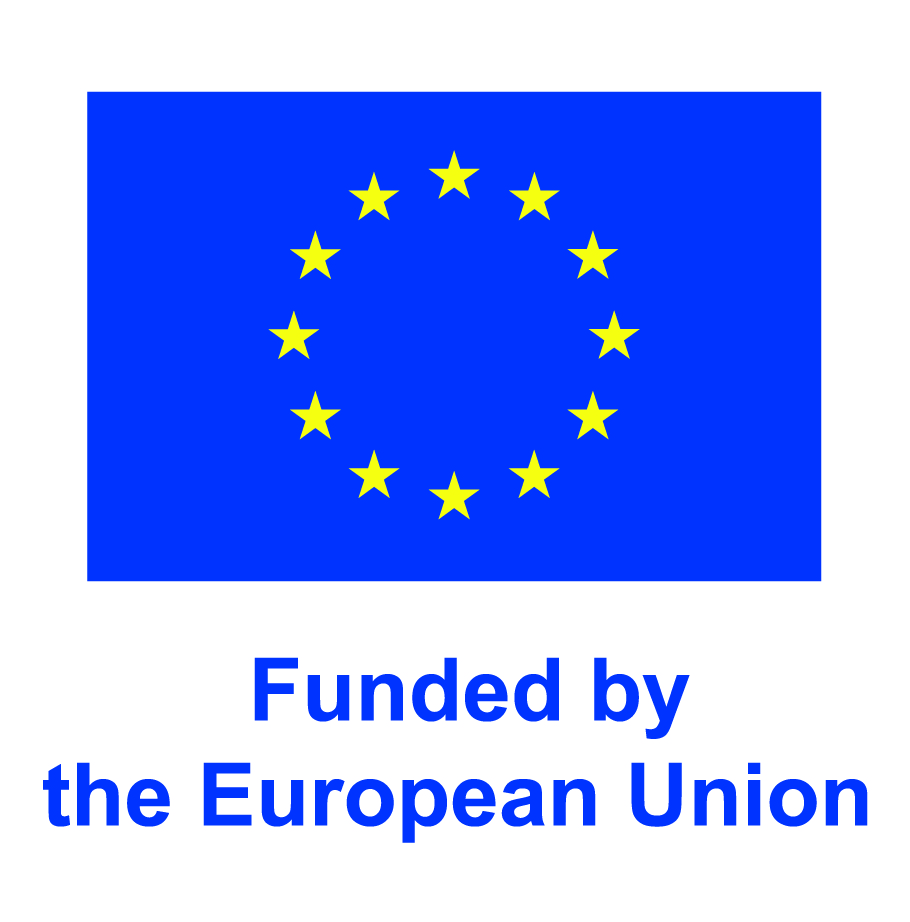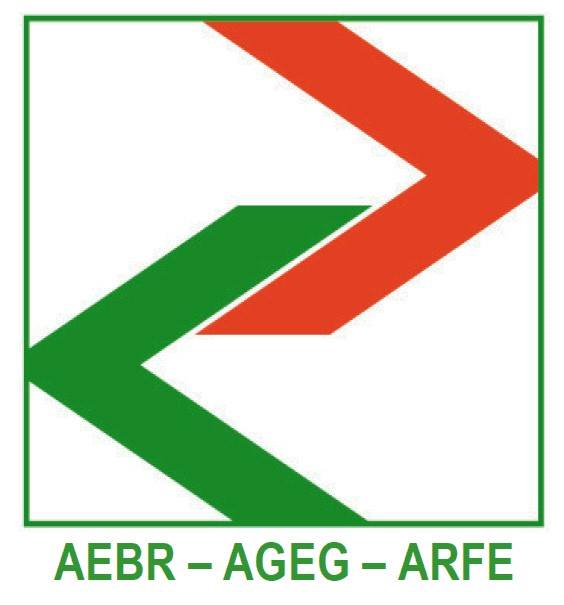Hi everyone!

My name is Mariona, I come from Catalonia, and I have been a volunteer at the Danube Transnational Programme in Budapest for more than two months now!
During my stay, I have been supporting my colleagues Michal and Mirjana with the communication and good practices dissemination part of the programme. Currently, we are working on a very interesting campaign where we want to show the results of our projects by sharing personal stories from the beneficiaries. We are hoping that future applicants will see the positive change that participating at Interreg can make, both individually and in a community.
While being a Political Sciences Student and ex-Erasmus European Studies student, I became very interested in how the EU’s Cohesion Policy works and the importance of regional cooperation to strengthen European competitiveness. Recently, I saw a post on Twitter from Elisa Ferreira, the European Commissioner for Cohesion and Reforms, that said “Cohesion is the silent strength of the European Union and the motor of its convergence machine”, and I think that is very true.
While being a volunteer here, and from past experiences, I have come to realise how little this policy and the European Territorial Programmes are known amongst European citizens, but also among relevant stakeholders that could take part in it. Yet, the Cohesion policy is one of the main investment policies of the EU and represents more than 1/3 of its budget. Thus, I have learned how important and necessary it is to spread the knowledge about Interreg programmes and projects, and how helpful volunteers can be in doing so. From the dissemination of good practices to looking for new stakeholders who can take part in the projects.
Now, while participating as a volunteer in a programme such as the Danube Transnational Programme (to be called ‘Danube Region Programme’ in 2021-2027 programming period), I have had the chance to help on spreading its good results and to feel that I am contributing to an important initiative that is making a change in Europe. During this experience, I have had the opportunity to deepen my knowledge and to discover many interesting projects in the areas of innovation, environment and culture, good governance, and low-carbon and transportation systems.
The main goal of the programme is to promote economic, social, and territorial cohesion in the Danube Region through policy integration in the 14 countries participating. This programme is also complementing the EU Strategy for the Danube Region, a macro-regional strategy adopted by the European Commission a few years ago aiming at addressing common challenges together. As someone not from the region where my host organization works, I also feel that this experience has helped me to understand and learn from other cultures, which I think is also very important to working in interregional cooperation.

Before ending this post, I would like to mention what is like to have an experience abroad. I have been lucky enough to land in Budapest, a very vibrant city, full of young people, good food, and amazing architecture, which I am very grateful for (so yes if you are thinking about whether you should make a trip there, do so!). Nevertheless, because this is my third abroad experience, I can say for sure that no matter where you go there is no better way to learn, discover new places, and to even learn a new language. If you have the opportunity to live in another country while taking part in a volunteering experience, do not hesitate.
I want to finish by saying how glad I am about having joined IVY and to have had the opportunity to be involved in Interreg while learning more about Cohesion Policy and familiarising myself with the topics that are currently thriving around Europe.
Mariona Campmajo, IVY Reporter at Danube Transnational Programme


